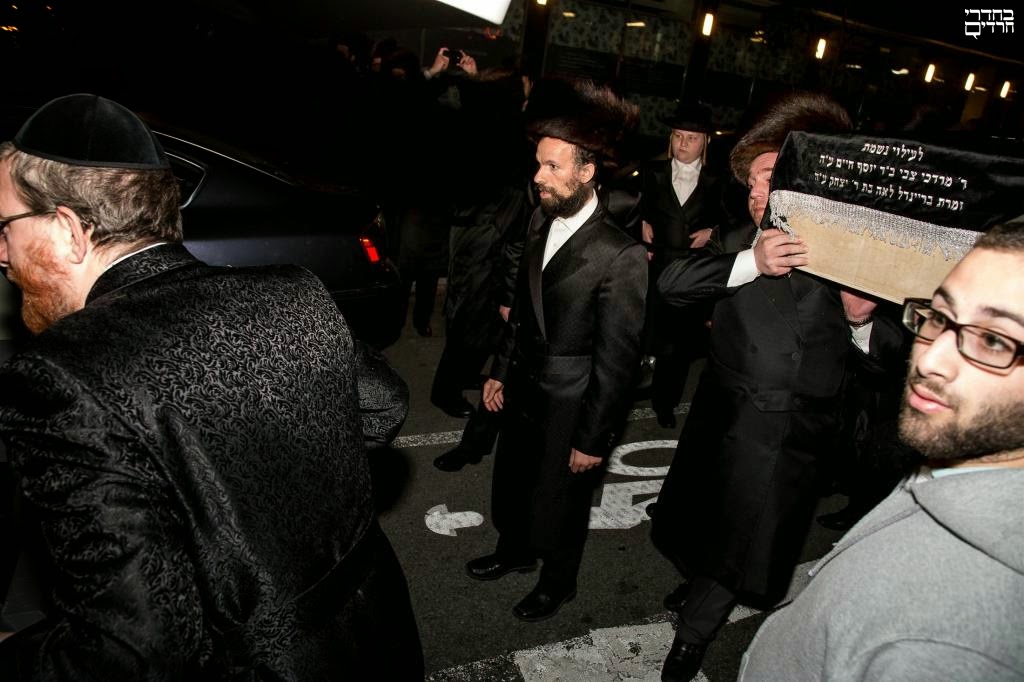There exists a Monsey community group on Facebook called "Neighborhood."
Yesterday, a discussion took place, which turned into a lively but completely civil debate. One of the administrators of the group decided that she didn't want the debate to continue, so she threatened to delete further comments and ban anyone who dares defy her.
In response to this bullying, MS. Gila Kind decided to create a new group called Neighborhood Too.
In response to this bullying, MS. Gila Kind decided to create a new group called Neighborhood Too.
The administrator retaliated, banning everyone who has been added to the new group.
That's right, folks:
People found themselves banned from Neighborhood even though they had neither commented nor added themselves to the new group.
This administrator has every right, I suppose, to do what she did. People are allowed to be intolerant. There is no law that says you must respect others' opinions and allow for civilized debate on the Facebook forums you rule over.
But for those who, like me, prefer more free, tolerant spaces to share your ideas, I encourage you to pack your bags and plan your exodus from Neighborhood.
*The administrator in question did not create the group, and she has previously removed the administrator's rights of the person who made her an administrator in the first place.
People found themselves banned from Neighborhood even though they had neither commented nor added themselves to the new group.
This administrator has every right, I suppose, to do what she did. People are allowed to be intolerant. There is no law that says you must respect others' opinions and allow for civilized debate on the Facebook forums you rule over.
But for those who, like me, prefer more free, tolerant spaces to share your ideas, I encourage you to pack your bags and plan your exodus from Neighborhood.
*The administrator in question did not create the group, and she has previously removed the administrator's rights of the person who made her an administrator in the first place.
Stay tuned! Only in Monsey!


































